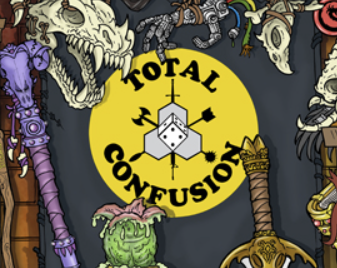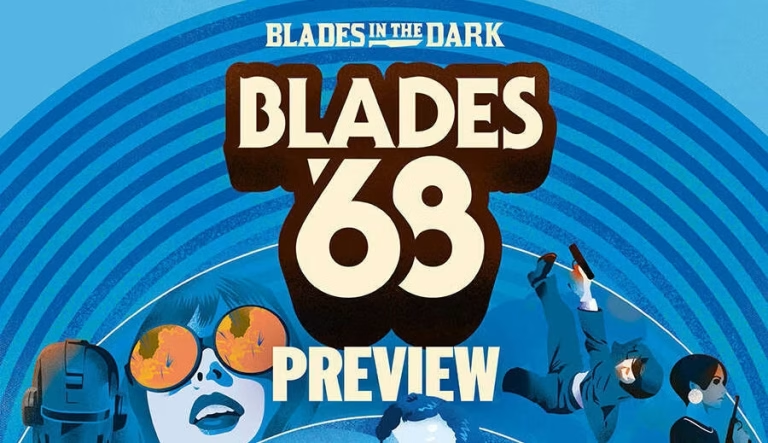by Jason Campbell
My players and I began a Dungeons & Dragons 5e campaign in January 2022 using the Ptolus setting from Monte Cook Games (available for 5e and for the Cypher System). In the latest session the characters investigated a temple which was the home of an evil cult. They were looking for a particular item they believed was hidden in this temple. They knew that the temple itself was small, 15’ x 30’, and suspected there was some sort of underground complex below.
The players determined that 2 of the characters would use an Invisibility spell along with a Pass Without Trace spell so they could sneak inside to investigate the temple. The other characters managed to distract the guards of the upper portion of the temple so that the invisible characters could explore the area below.
This goes against the generally accepted rule of “never split the party”, but at this point I think we all agree this is an exaggeration and not always an absolute rule. My philosophy as a GM when this happens is to split the focus of the game session so that all players feel engaged in the story. I just try to let a few actions happen, maybe 5-10 minutes of real time, and then “flash back” to the other players. If this is difficult some people use a timer as a reminder to switch the focus of the story.
In this case the characters did have access to things like Sending spells to communicate with the other party. But once the characters of the players exploring the dungeon went through a room I’d pause and ask the players whose characters were waiting if they had any actions. After several rooms of exploration the party who was waiting continued to wait. The general thought was that since the invisibility spell lasts an hour, if the waiting party hadn’t heard from the exploring party in an hour, they would go into the dungeon and investigate. We were approaching that point but the exploring party still had about 15 minutes of in game time left in the invisibility spell.
This put me in an interesting position as I wanted to keep all players engaged, but the players of the waiting characters were actually choosing to wait while the other characters “starred” in the story. Supporting player agency is one thing I believe to be paramount. In this case I chose to let the story focus on the exploring characters while the others waited since it was the players’ choice. An alternative might have been to have something act on the waiting players, maybe a nearby group of city guards or a random NPC encounter. This would serve to keep the waiting characters acting, but in the ongoing story there wasn’t a reason that those sort of things would happen.
So what do you think? How would you approach this situation? Would you let the players choose not to act, or have another incident occur to the waiting characters? Let us know in the comments below.







1 thought on “Splitting the Party in Ptolus”